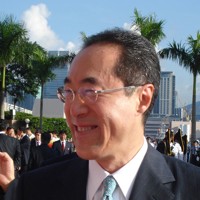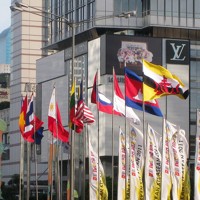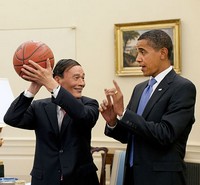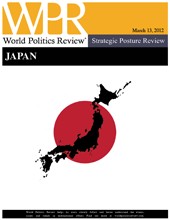
HONG KONG — Trouble is brewing in Hong Kong ahead of the vote on March 25 to choose the city’s next leader. A series of missteps have hobbled the one-time frontrunner in the race for chief executive, raising disturbing questions about whether he knows or simply ignores the laws he would be required to execute, and revealing how removed Hong Kong’s elite are from average people. The situation has put Beijing in a bind and raises the specter of a worst-case scenario involving mainland security forces deployed to restore order in the event of popular unrest following the voting. The […]



